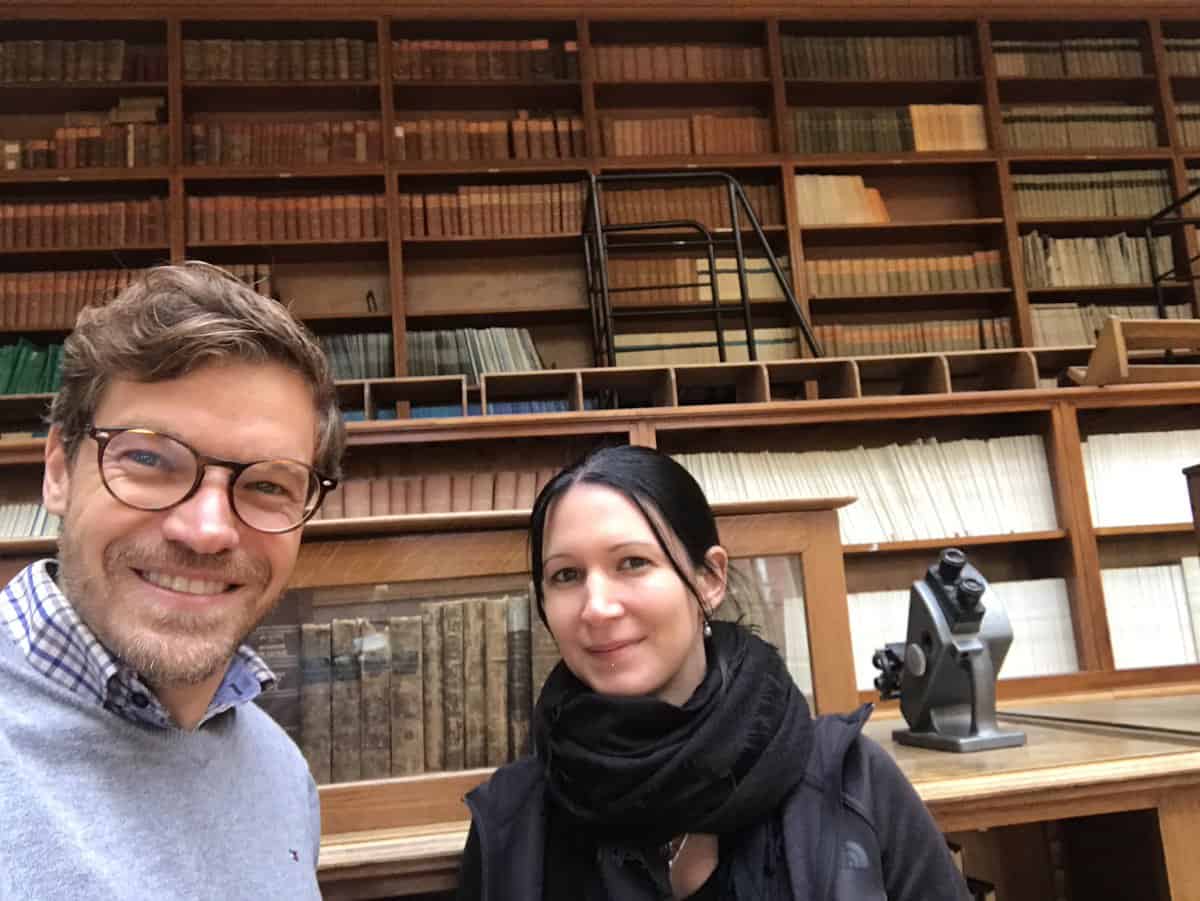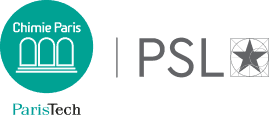Sarah Keller, joined Gasser Team with a grant from the prestigious Humboldt Foundation and from the Swiss National Science Foundation

After her Bachelor’s and Master’s in Chemistry at the Albert-Ludwigs-University in Freiburg, Germany, Sarah Keller did her PhD at the University of Basel (Switzerland) in the group of Professor Housecroft and Professor Constable on luminescent copper(I) complexes for application in lighting devices.
During summer 2017, the young chemist met Gilles Gasser at a conference in Oxford. She was both impressed and fascinated by his research topics that she decided to apply for a post-doc in his team. The objective of the Gasser group is to understand, identify and/or influence biological processes in living cells using metal-based compounds. “Joining this team gives extra meaning to my research and in addition, I could improve my French” said Sarah Keller. Although many European PhD students want to go in the US for their post-doc, it was not the case for Sarah Keller. “Most important for me was to find a good project, an inspiring leader and a place with good equipment to do my research. I have all of this here in Chimie ParisTech”.
Due to the quality of the project, she is supported by a Feodor Lynen Research Fellowship from the prestigious Humboldt Foundation: this sponsorship is dedicated for research stays worldwide by researchers from Germany of all disciplines and at all career stages. The host lab must be part of the Humboldt Network, that is the case for Gilles Gasser. For the second part of her postdoctoral stay, she is sponsored by an Early Postdoc.Mobility fellowship from the Swiss National Science Foundation.
Her research is focused on the second most prevalent parasitic disease after malaria: schistosomiasis. Most of the people infected by this neglected disease live in the poorest regions of the world. The only treatment is praziquantel and if resistance appears, there is no alternative. To find new drugs, she plans to modify known antiparasitic agents with metallocenes or metal-arene units. This strategy has proven its worth for example for anticancer agents and antimalarial agents.
Now that she had fixed all the administrative formalities, Sarah Keller is ready to face this new challenge and jump straight to the synthesis of the first compounds of her project.
